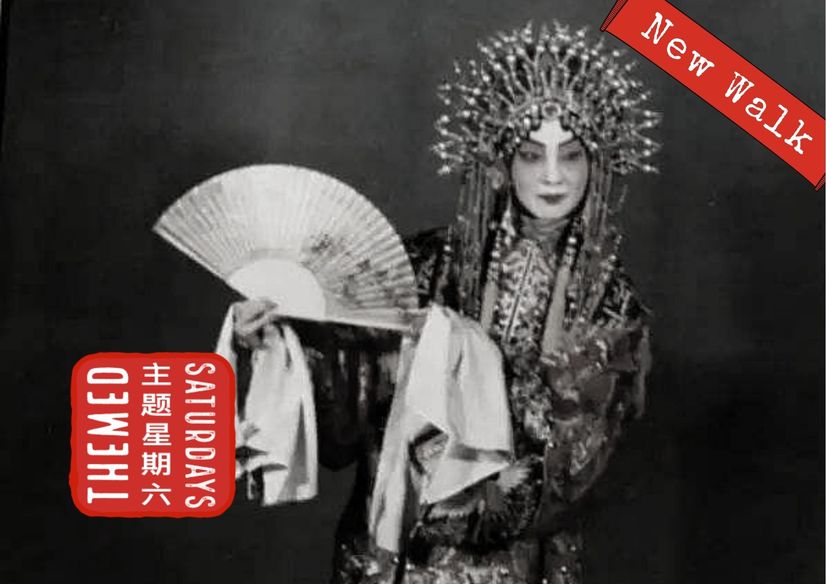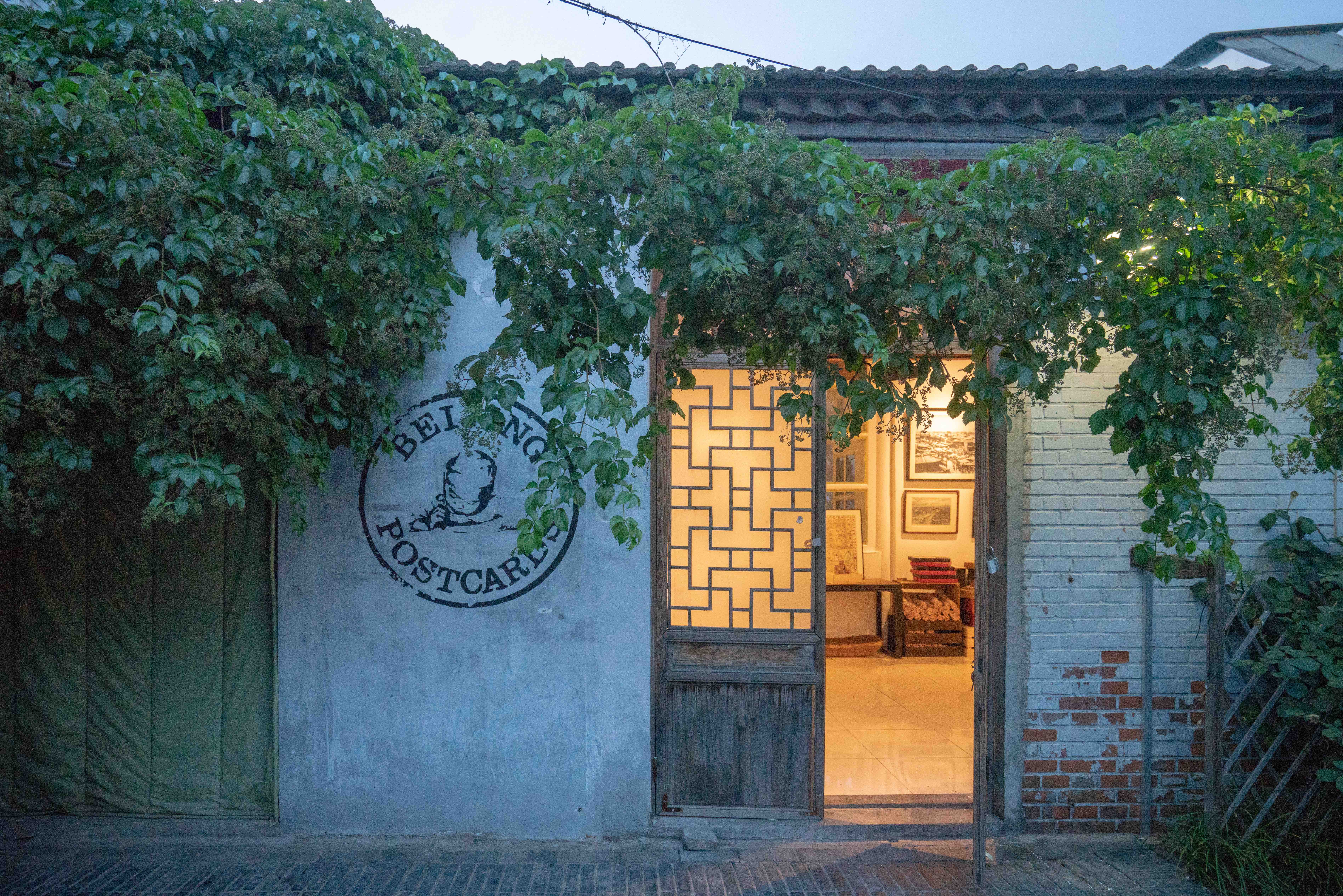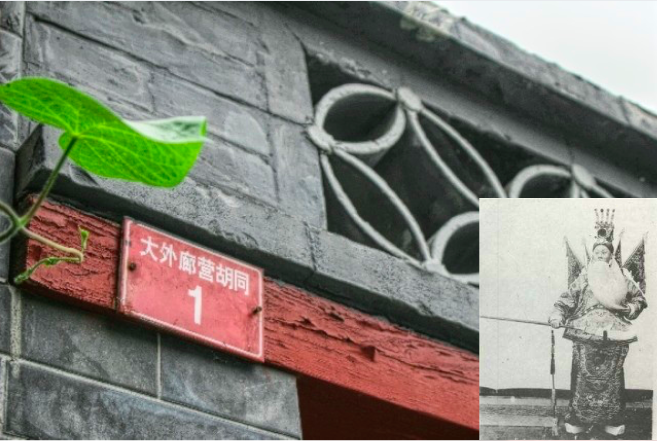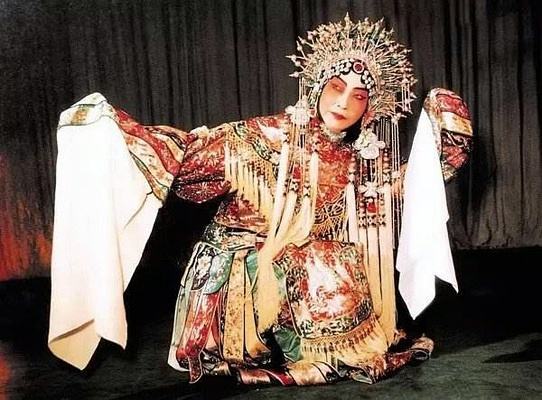
Drama Kings Walking Tour
Saturday, May 22, 2021 Huguang Huiguan (湖广会馆) No. 3 Hufangqiao Road (Near Hufangqiao Subway Station, Exit D) Time: 18:00-20:30
Price: ¥300
Saturday, May 22, 2021
Scan and Share

Beijing Postcards
Beijing Postcards
Beijing Postcards is a history-focused company in Beijing. We conduct archival research and oral history projects in order to create original walks, talks, events and historical souvenirs.
Beijing Postcards uses the cityscape of Beijing to explore Chinese thought and ideas. All of our events are themed and we aim to make them challenging, inspiring and fun. Our goal is to take you off the beaten path, in every sense, and to use our research to help you view and engage with Beijing in new ways.

Detail
008613011078680
info@beijing-postcards.com
Views: 1,082

Not long ago Beijing Opera was the most popular kind of entertainment in China. Even the communists could not ignore its immense popularity, and the infamous intellectual Lu Xun was worried that Chinas main cultural export to the world was Mei Lanfang, a man pretending to be a woman. But how is it that a tradition with such widespread appeal has almost disappeared today? Drama Kings traces the history of Beijing Opera and explains how performers at the bottom of society during the dynasties became kings of entertainment during the republic, just to then abruptly lose their status during the 1960s.

In Baishun Hutong, not too far from Tiananmen Square, stone tablets mark the former homes of some of the most prominent Beijing Opera actors of all time.
Baishun Hutong was however not a high-status neighbourhood under the dynasties. Literally melted together with the brothels of Bada Hutong, it was an area of ill repute. Even though many of the actors had access to the Imperial palace when they were invited to perform for the emperor or the infamous empress dowager Cixi, they were outcasts within society. The moment you had accepted money to perform you had joined this certain class of people that was openly discriminated against. Actors were, for instance, not allowed to take the Imperial examinations. An actor was seen as little better than a prostitute, and it would become very difficult for your descendants to work themselves out of the shadow that was now cast on your whole family.

However, when the last dynasty fell this changed. In the early Republican period, Beijing Opera actors would make good use of the new liberal winds that were now blowing. Under the Qing, actors belonged to troupes, unable to perform as individuals. But now, the best actors would break out of the shackles of the guild and become stars in their own right. Steamships and locomotives had all of a sudden made the fame of an actor scalable. In Shanghai, enormous theaters were constructed for visiting stars from Beijing. Huge fanbases emerged, and printed pictures of Beijing opera stars would help push commodities like cigarettes, face powder and newspapers. This heyday lasted beyond the communist takeover, but in the 1960s Beijing Opera was singled out as a target because of its obvious roots in feudal society. Only 8 revolutionary operas were allowed to be performed.

Mei Lanfang performing his signature role in The Drunken Beauty
Drama Kings will give you a profound understanding of what Beijing Opera is. We will trace its history in the narrow Baishun Hutong where the actors lived and see how this peculiar performance style made it from the teahouses to western inspired theaters. We will also hear the life story of actors including Mei Lanfang, the first real superstar of Beijing Opera.
 Show Detail
Show Detail
 Hide Detail
Hide Detail
Beijing Postcards is a history-focused company in Beijing. We conduct archival research and oral history projects in order to create original walks, talks, events and historical souvenirs.
Beijing Postcards uses the cityscape of Beijing to explore Chinese thought and ideas. All of our events are themed and we aim to make them challenging, inspiring and fun. Our goal is to take you off the beaten path, in every sense, and to use our research to help you view and engage with Beijing in new ways.

 Powered by Yoopay
Powered by Yoopay
www.yoopay.cn
400.0697.118